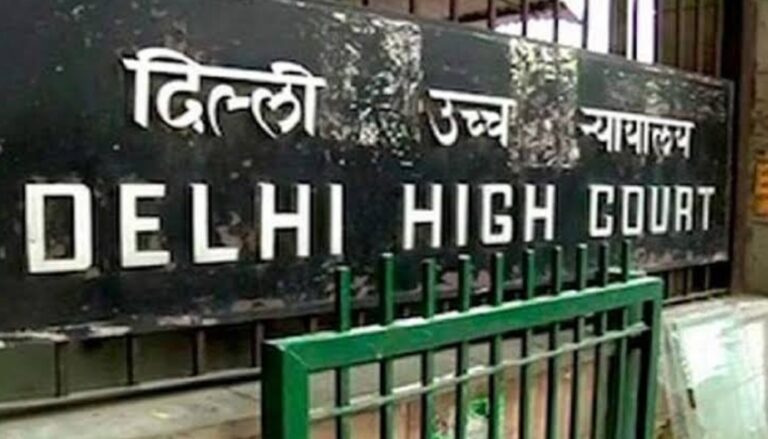The Delhi High Court has referred a significant legal question regarding income tax reassessment of foreign assets to a larger bench, potentially impacting numerous cases involving time-barred assessments.
A division bench comprising Justice Vibhu Bakhru and Justice Tejas Karia passed the order in a series of writ petitions challenging reassessment notices issued under Section 148 of the Income Tax Act, 1961. The notices, served between 2014 and 2021, pertained to assessment years dating as far back as 1997–98.
Key Legal Issue: Retrospective Application of Extended Limitation
At the core of the dispute is whether the extended 16-year limitation period introduced by the Finance Act, 2012, through Section 149(1)(c), can be applied retrospectively to assessments already barred under the earlier six-year limitation period.
The petitioners — UK Paints (Overseas) Ltd, BJN Holdings (India) Ltd, and KS Dhingra — argued that reassessments for time-barred years could not be revived using the amended provisions. They relied heavily on the Delhi High Court’s 2018 ruling in Brahm Datt v. ACIT, and Supreme Court judgments in KM Sharma v. ITO and SS Gadgil v. Lal & Co., which emphasized that limitation laws cannot operate retrospectively unless explicitly provided.
In the Brahm Datt case, the Court had quashed a reassessment notice for Assessment Year 1998–99, holding that the newly introduced 16-year reassessment window could not reopen cases already time-barred under the prior regime.
Contrasting Interpretation by Current Bench
However, in the present proceedings, the Court took a different view. It highlighted two key provisions introduced by the Finance Act, 2012: the Explanation to Section 149(1) and Explanation 4 to Section 147. These clarifications indicate that the amended law applies to “any assessment year beginning on or before” April 1, 2012, including cases involving undisclosed foreign income or assets.
The Court remarked, “The import of using the word ‘any’ is not restrictive. The amended provisions are applicable even to concluded assessments, provided they involve foreign assets.”
The bench noted that the Brahm Datt ruling did not consider the significance of these Explanations or the legislative intent as expressed in the Finance Bill, 2012.
Reference to Supreme Court’s Jyoti Traders Ruling
The Court also drew attention to the Supreme Court’s decision in Jyoti Traders, where retrospective extension of limitation was upheld under a sales tax statute. The Delhi High Court observed that if legislative intent is clear, amendments extending limitation periods can validly apply to past assessment years.
Referred to Larger Bench for Final Determination
Acknowledging the conflicting legal views and the potential constitutional impact of reopening concluded assessments, the Court concluded that the issue warrants a definitive ruling by a larger bench.
“The view expressed in Brahm Datt may require reconsideration by a larger bench,” the Court stated.
The matter will now be placed before the Chief Justice of the Delhi High Court for constitution of an appropriate bench. The next hearing is scheduled for July 25, 2025.
Legal Representation
- Petitioners: Represented by Senior Advocate Ajay Vohra and Advocate Vaibhav Kulkarni
-
Respondents: Represented by a team including Advocates Sunil Agarwal, Shivansh Pandya, Viplav Acharya, Priya Sarkar, Utkarsh Tiwari, Vipul Agarwal, Sakshi, Akshat Singh, Ruchir Bhatia, P. Gupta, Indruj Singh Rai, Sanjeev Menon, Rahul Singh, Anmol Jagga, and Gaurav Kumar
